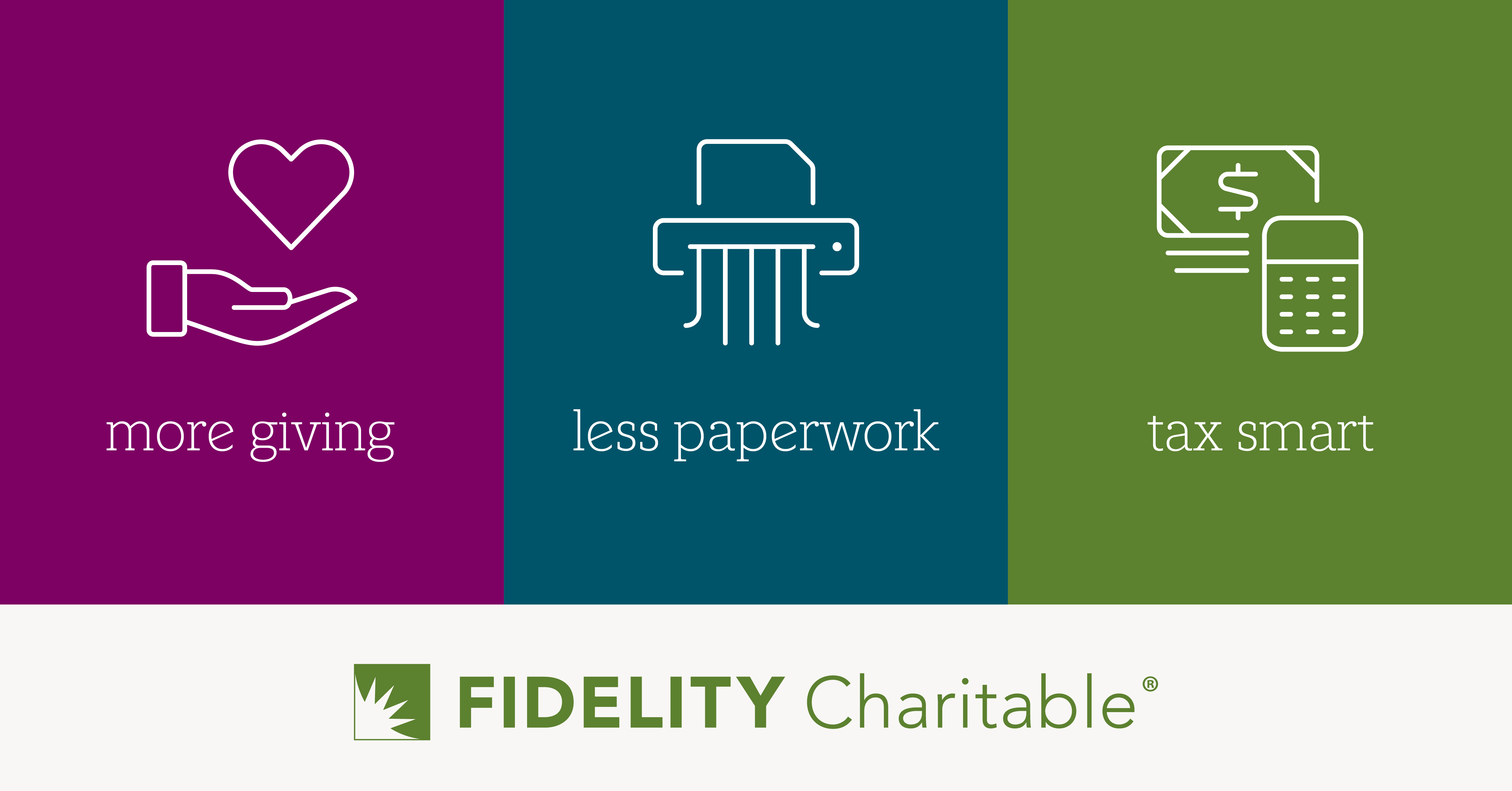Organizations are just like people; they are living, breathing entities that require ongoing attention and care. Just like people, they need as much consciousness, curiosity, and compassion as possible. They need to live or operate in the present moment, with helpful awareness of the future and past. They need clarity of mind and openness of heart. They need good listeners and conscious speakers. They need connection — to their purpose, mission, and the people who work with and for them. In a word, they need to be mindful if they hope to succeed as companies, and individuals, in the rapidly changing landscape of today.
I’ve been helping individuals and corporations live, love, lead, and work mindfully for over 35 years, and when a person or company asks me to assist them, I always ask — are you committed to mindful practices? Because a bit of show-and-tell does not make anybody — or any organization — mindful. Mindfulness in companies is a practice, and a commitment to a way of being and doing business.
Before we talk about mindful companies, let me share with you how I understand and define mindfulness. My bottom-line definition of mindfulness is “being conscious and accepting of present moment experience with curiosity and compassion.”
We can build, convert, and run a mindful company in many ways based on this definition and the attributes it combines, but the three I believe are the most fundamental, especially for entrepreneurs, are the three Cs: consciousness, curiosity, and compassion. Let’s unfold these three attributes:
Consciousness
A conscious company is aware of its internal and external goings-on. It knows its stakeholder needs, desires, and inspirations first and foremost, and of course I’m talking about internal as well as external stakeholders. Many companies pay more attention to their external resources and forget about their own staff. A conscious company is aware, alive, and flexible, and creates an environment for its people to be the same way.
Here are three practical suggestions for building consciousness in your workplace:
- Start each meeting with a short breath and body-awareness exercise. Ask everyone to set an intention for their contribution, and encourage them to share their positive emotions and feel out their challenging emotions instead of acting them out. Conscious meetings need to be clear, short, and focused, where participants stay aware of the topic, time, and relevancy of their contribution.
- Make it the norm for everyone to take a long, conscious, deep breath before speaking or sending an email/text, and also to draft important emails before sending them.
- Ring a mindful bell every hour or every few hours and invite staff to ask themselves the following questions: How do I feel right now? What do I need right now? Based on the above feelings and needs, how can I serve myself and the team better right now?
Curiosity
Curiosity is the opposite or at least the precondition of judgment. Curiosity wants to know. It acknowledges not knowing or incomplete knowing, and it expresses interest in knowing. A curious company has an interest in learning and growing, finding out what works and what doesn’t. It isn’t quick to blame but rather to explore and understand. It also manages its boundaries of interest — a balance of wanting to know and knowing what to want.
Here are three practical ways of inviting curiosity into your workplace:
- Create room for people who do not own the business to create as if they did — to turn their curiosity into creativity. Or, just encourage and allow team members to share their findings, suggestions, and new ideas.
- Create room for implementation of above viable ideas.
- Acknowledge and compensate curious, creative, and innovative staff.
Compassion
A compassionate company knows that as long as there are people, there will be suffering, either inside or outside the company, and it does something about it — a kind thing! Compassion might be a noun, but it is also a verb, so to speak; it means being kind when there is suffering. An act of kindness in the midst of suffering could be a simple acknowledgment, an offer or act of support, or a considerate decision. Compassionate companies have an allocation and attention to the suffering of its people. A curious company has an open mind, so to speak, and encourages its people to have one, too.
Here are three practical ways of making compassion work for you in your workplace:
- Acknowledge the suffering of the world and people in the world in your meetings without getting gloomy about it. Done mindfully and with a moment or two of meditation, this is an uplifting experience that actually improves energy and attitude.
- Find time to talk about the shared experience of suffering — the fact that we all suffer even though our pain may be different or hidden.
- Allow relief time or create tools to alleviate the suffering of team members.
By the way, a company that treats its staff with compassion, curiosity, and consciousness treats its clients, its competition, and the world the same way.
Running workplaces — and our lives, for that matter — consciously with a sense of curiosity and compassion, is what we at innermap are committed to creating, sharing, and promoting, because unconscious autopilot behavior, judgment over curiosity, and unkind ways over compassion are unsustainable and eventually self-destructive. Organizations of all sizes and kinds need a movement — a conscious movement — to succeed in the 21st century, both individually and for the planet as a whole; and we’re here to help.







